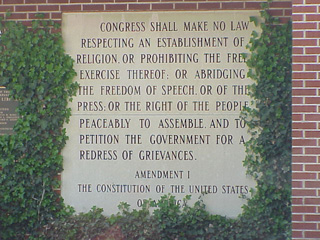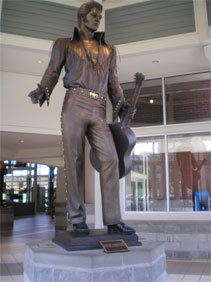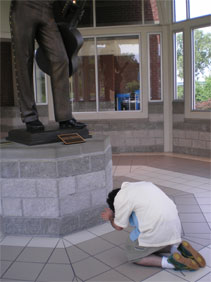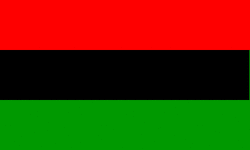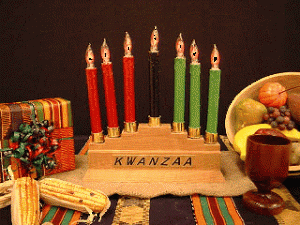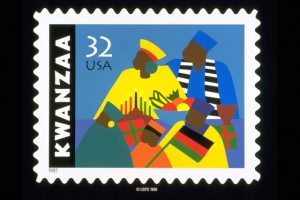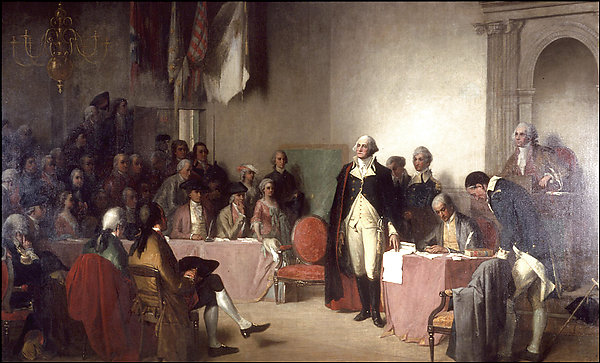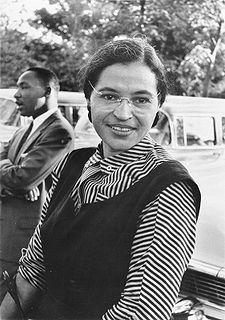January 16
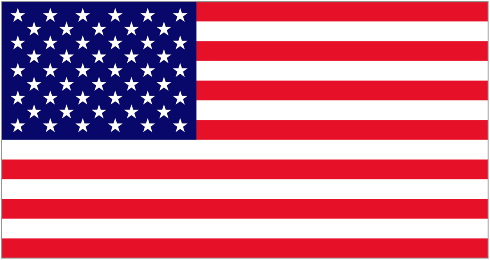
“Our civil rights have no dependence on our religious opinions, any more than our opinions in physics or geometry.”
–Thomas Jefferson, The Virginia Statute for Religious Freedom, 1786
On January 16th, the day after Martin Luther King’s birthday, Americans reflect on the above quote from Thomas Jefferson, from the Statute adopted on this in 1786. The holiday is not an official annual celebration, but must be proclaimed by the President each year.
The principles Thomas Jefferson enumerated in the Virginia Statute would be echoed five years later in the First Amendment of the Bill of Rights, 45 words that shaped a nation.
Virginia Statute for Religious Freedom
Whereas Almighty God hath created the mind free…
…that the impious presumption of legislators and rulers, civil as well as ecclesiastical, who being themselves but fallible and uninspired men, have assumed dominion over the faith of others…hath established and maintained false religions over the greatest part of the world, and through all time;
that to compel a man to furnish contributions of money for the propagation of opinions which he disbelieves, is sinful and tyrannical;
that our civil rights have no dependence on our religious opinions, any more than our opinions in physics or geometry;
that therefore the proscribing any citizen as unworthy…unless he profess or renounce this or that religious opinion, is depriving him injuriously of those privileges and advantages to which…he has a natural right;
that it tends only to corrupt the principles of that religion it is meant to encourage, by bribing with a monopoly of worldly honours and emoluments, those who will externally profess and conform to it…
that to suffer the civil magistrate [judge] to intrude his powers into the field of opinion, and to restrain the profession or propagation of principles on supposition of their ill tendency, is a dangerous fallacy, which at once destroys all religious liberty, because he being of course judge of that tendency will make his opinions the rule of judgment, and approve or condemn the sentiments of others only as they shall square with or differ from his own;
that it is time enough for the rightful purposes of civil government, for its officers to interfere when principles break out into overt acts against peace and good order;
and finally, that truth is great and will prevail if left to herself, that she is the proper and sufficient antagonist to error, and has nothing to fear from the conflict, unless by human interposition disarmed of her natural weapons, free argument and debate, errors ceasing to be dangerous when it is permitted freely to contradict them:
Be it enacted by the General Assembly, That no man shall be compelled to frequent or support any religious worship, place, or ministry whatsoever, nor shall be enforced, restrained, molested, or burthened in his body or goods, nor shall otherwise suffer on account of his religious opinions or belief;
but that all men shall be free to profess, and by argument to maintain, their opinion in matters of religion, and that the same shall in no wise diminish enlarge, or affect their civil capacities.
…we are free to declare, and do declare, that the rights hereby asserted are of the natural rights of mankind, and that if any act shall be hereafter passed to repeal the present, or to narrow its operation, such act shall be an infringement of natural right.
The Statute is one of the three achievements Jefferson included in his epitaph:
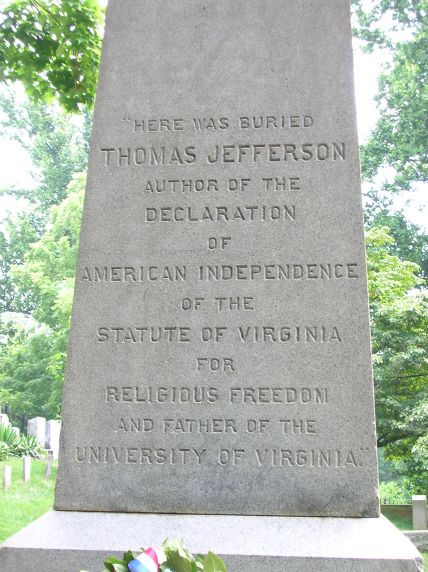
Being President of the United States was not one of them.
Truthhugger – Religious Freedom Day
Happy Belated Religious Freedom Day
Let Someone Know it’s Religious Freedom Day – Scrooge Report

